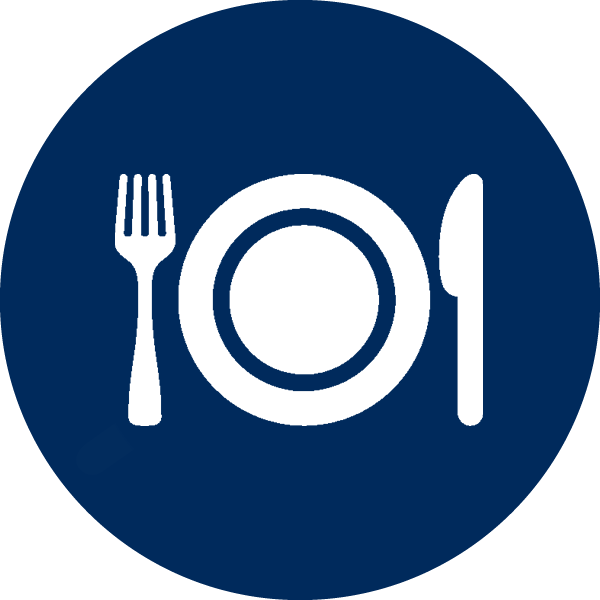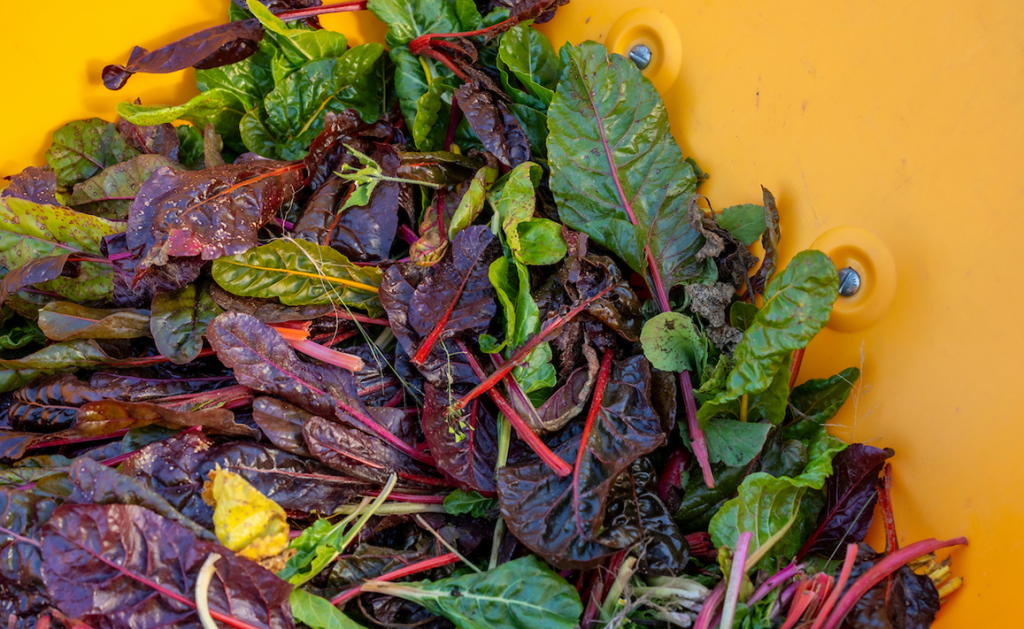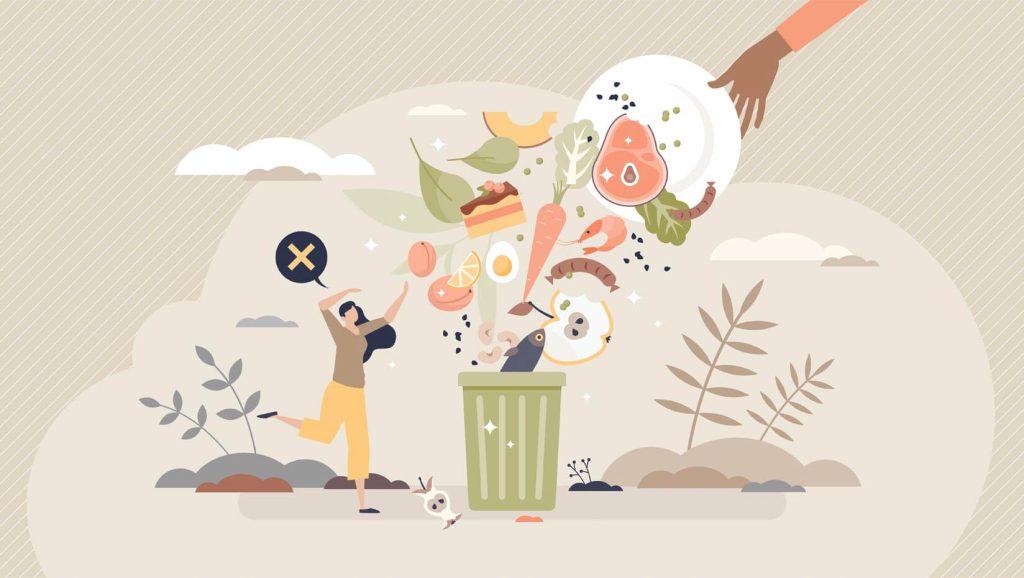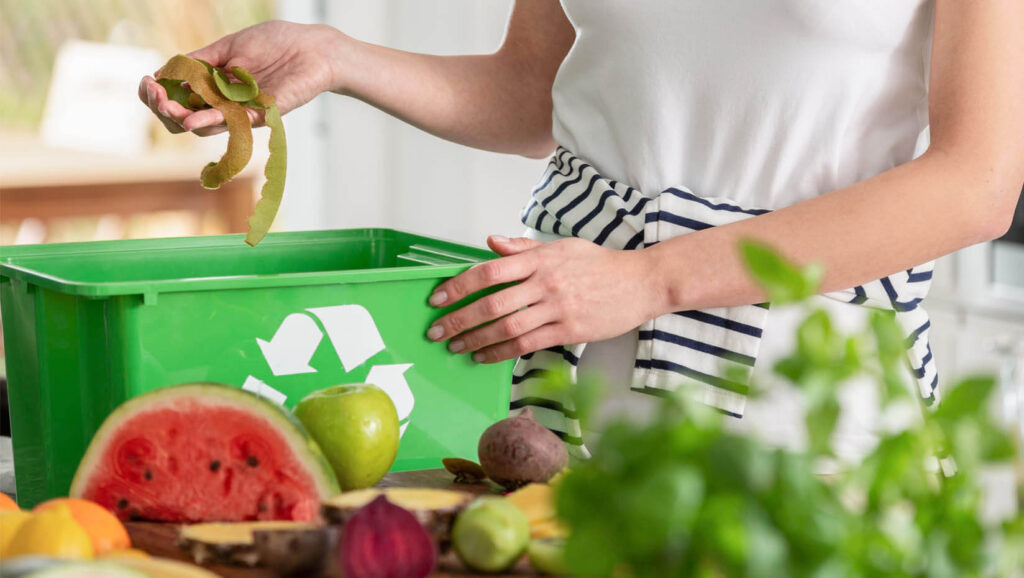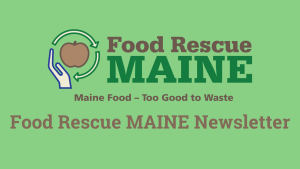Food Rescue Maine
Providing stakeholders with sustainable “triple bottom line” solutions — delivering consistent economic, social, and environmental benefits — to end wasted food and food loss in Maine.
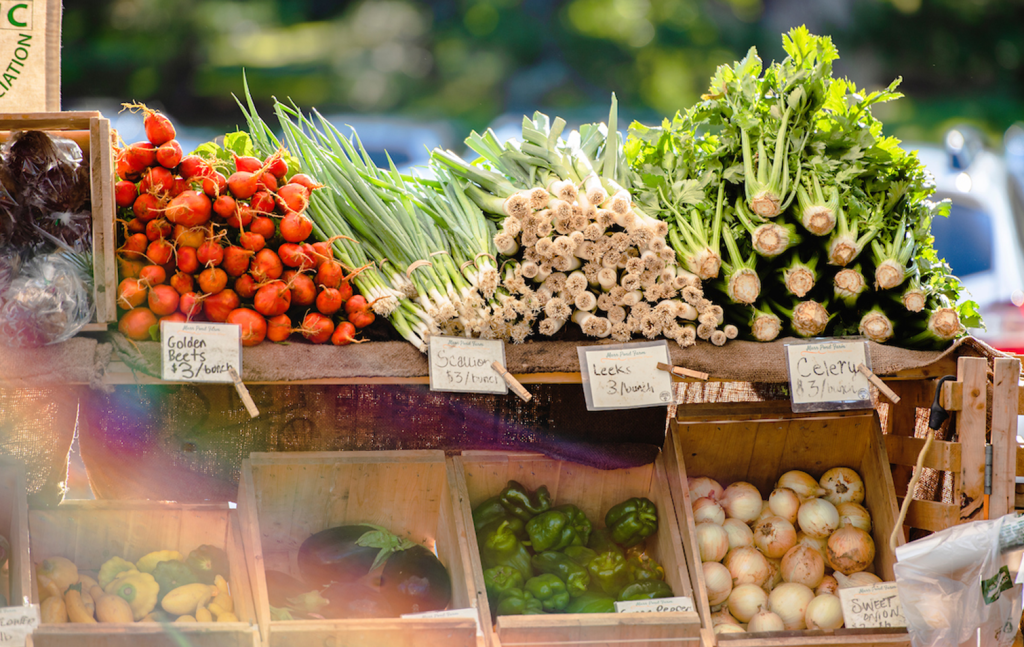
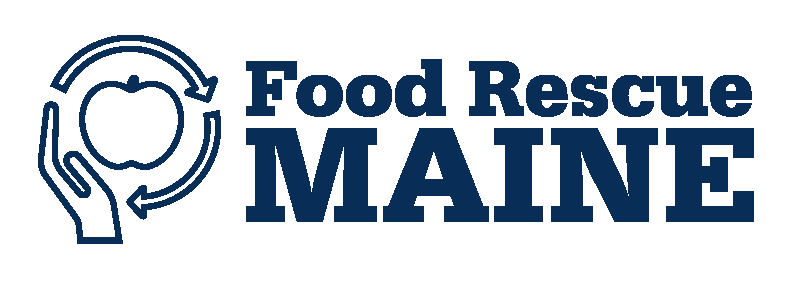
In 2015, a Mitchell Center multidisciplinary team identified eliminating food waste as the single most important issue to ensure a more sustainable waste system in Maine.
Our vision is to achieve a sustainable and resilient circular food system for Maine where our valuable food resources are fully used and never wasted. Maine Food — Too Good to Waste. Our goal is to end wasted food and food loss in Maine meeting the state-s near-term goal of 50% reduction by 2030. To do this, our strategies include educating Maine people about the wasted food and food loss problem; identify, develop, and pilot solutions to end wasted food and food loss in Maine; and support good Maine food system public policy. single most important issue to ensure a more sustainable waste system in Maine.
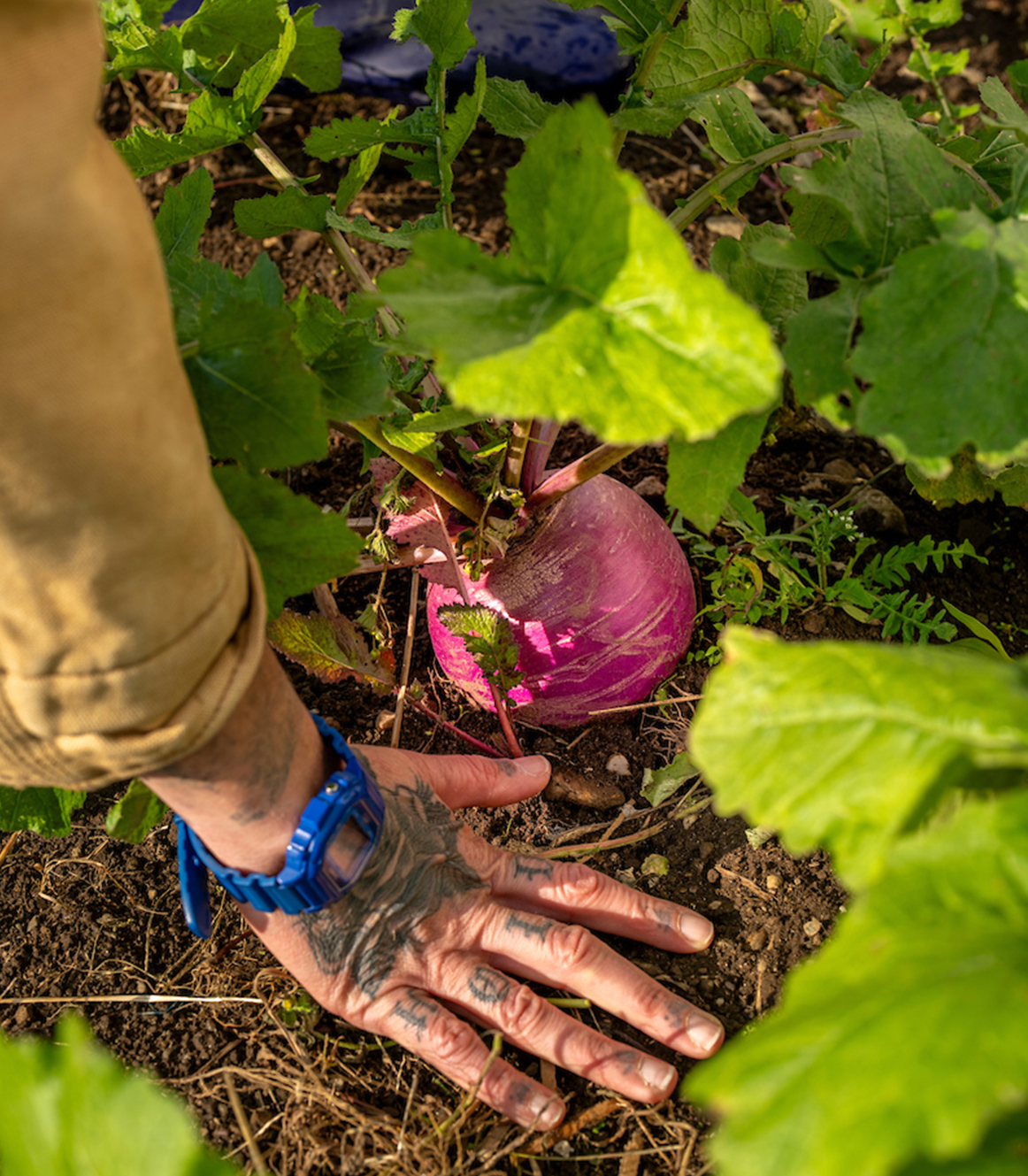
Why is Wasted Food and Food Loss A Problem in Maine?
Food loss and waste has a major economic cost due to the wasted food cost of approximately $1800 per household which is even harder on Maine people who spend a high proportion of their monthly budget on food. These cost does not include the costs for the fresh water, energy, labor, transportation, and disposal spent on this food that will never be eaten. The social cost of this tremendous amount of wasted food and food loss is based on the fact that Maine has the highest rate of food insecurity in New England with 1 in 8 adults and 1 in 5 children suffering from hunger while we throw out good, edible food – leading to a variety of social ills. Environmentally, using non-food disposal resources like landfills, incinerators and wastewater treatment for Maine’s wasted food creates costly air and water pollution and other environmental damage. Since wasted food is also the single largest component of our state’s solid waste stream, it is also using up our fast dwindling landfill capacity.
Maine Food Loss and Waste Generation Study
The 2024 Maine Food Loss and Waste Generation Study was a collaborative, statewide effort to assess food loss and waste by sector. Forty percent of the food we produce is never eaten which amounts to 360,000 tons of food loss.
Here are some more of the key findings:
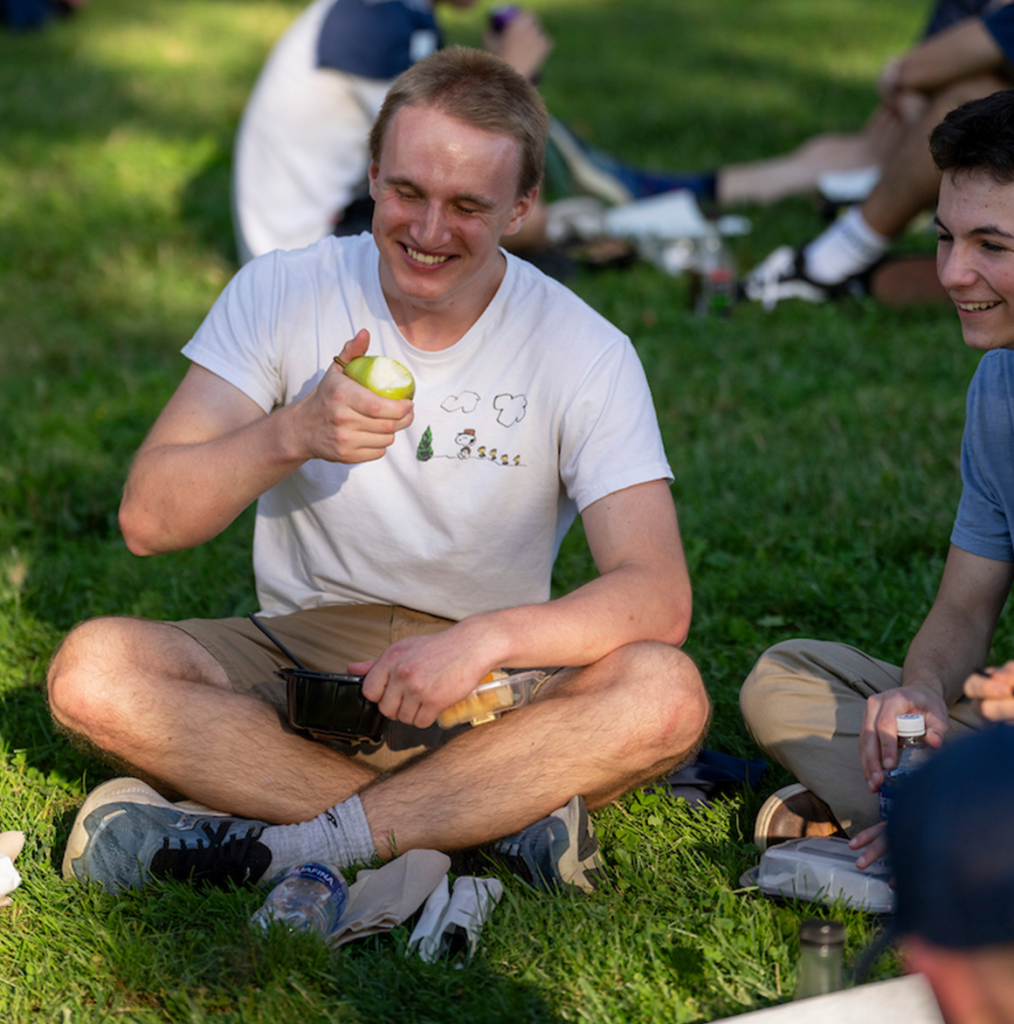
The Six Solution Areas


